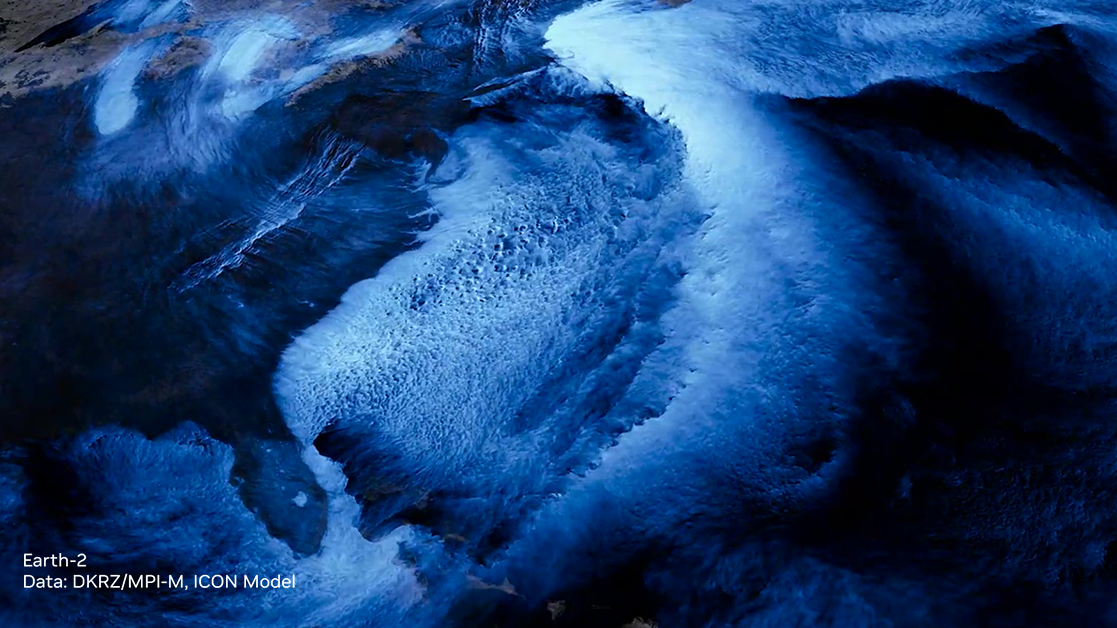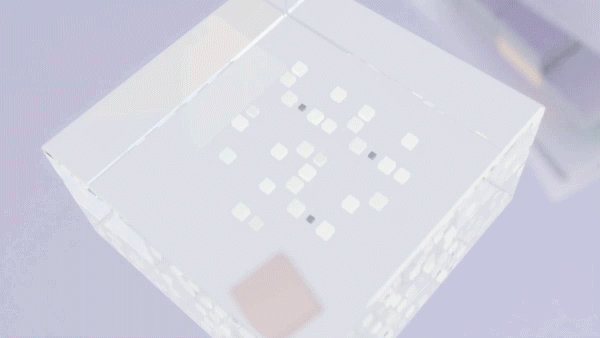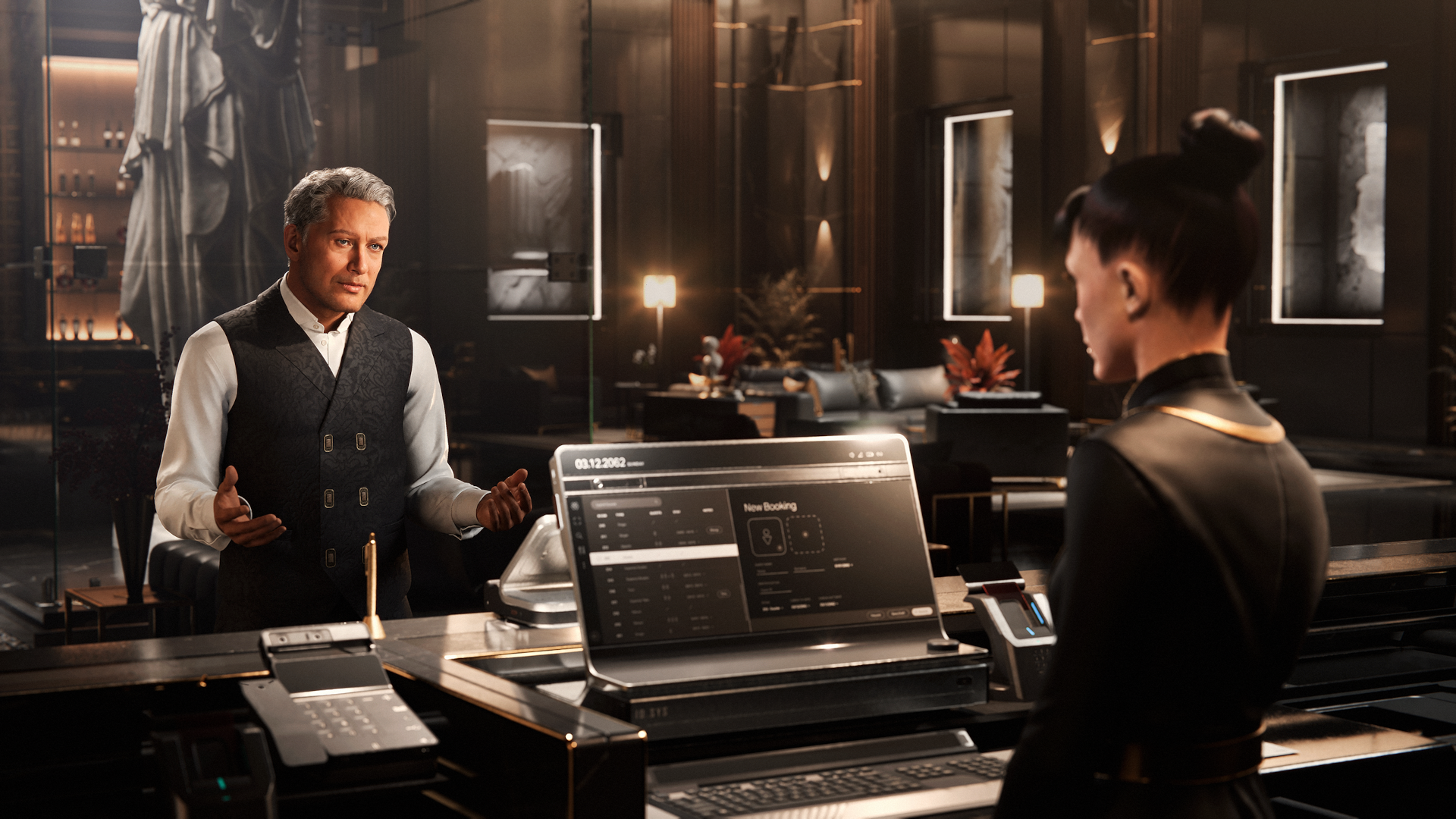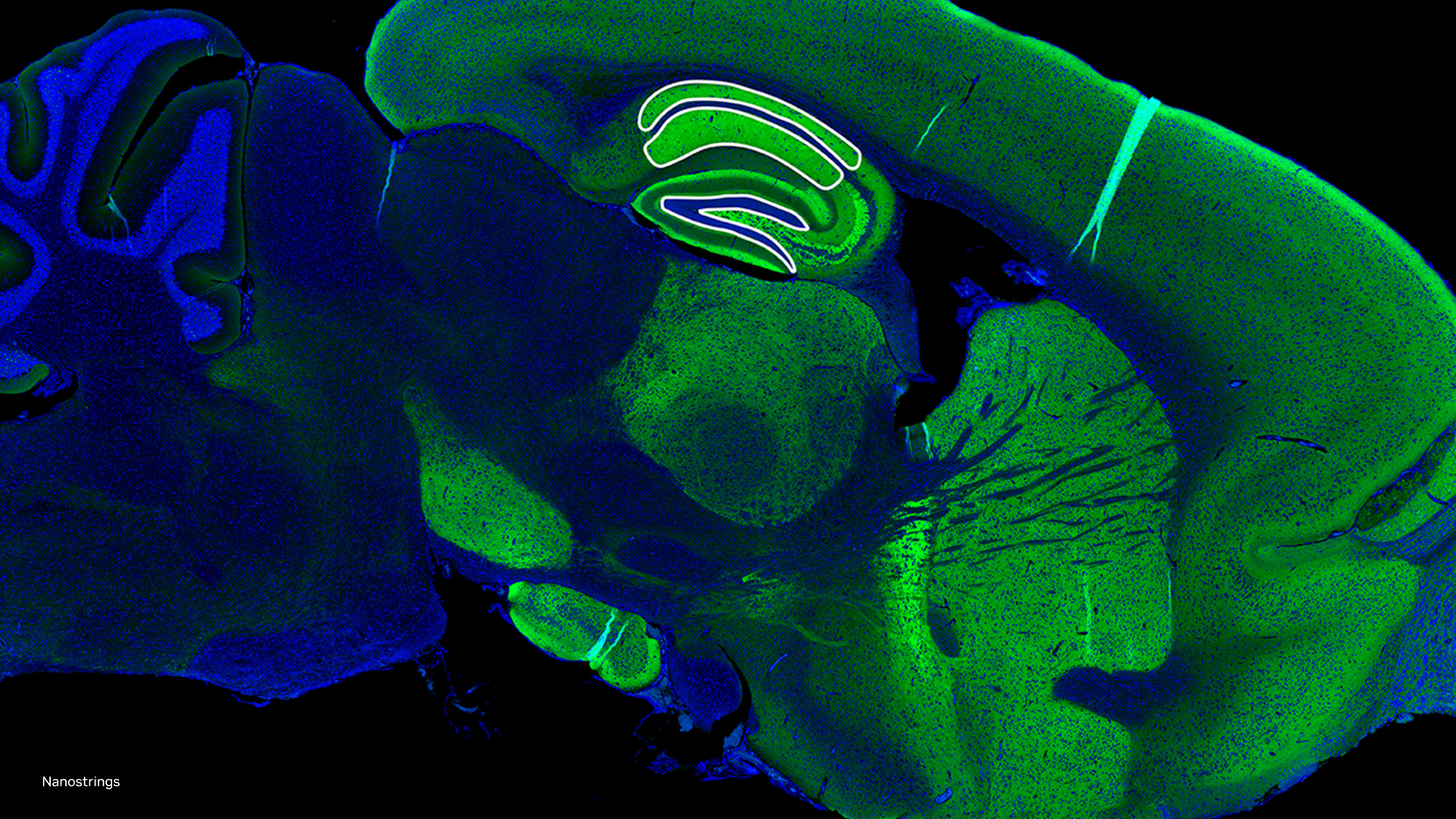Stanford University recently announced a crowdsourcing competition that aims to solve problems in biomechanics. Participants in the “AI for Prosthetics” challenge will build models that can predict how patients will walk after getting a prosthesis.
“Last year was more of a proof of concept,” said Łukasz Kidziński, a postdoctoral fellow in bioengineering at Stanford University who started and currently leads the challenge. “This year we want to get closer to medical applications.”
Last year Kidziński ran the first edition of the challenge called “Learning to Run.” His goal was to engage the reinforcement learning community in problems relevant to healthcare. The great success of this endeavor motivated him and his colleagues to push the boundaries even further this year and tackle a real medical problem.
Equipped with reinforcement learning and open-source tools, competitors will build artificial intelligence controlling muscles that can walk stably and efficiently. Competitors will receive OpenSim — a physics-based simulation engine that can synthesize physiologically and physically accurate motion. Recent results from OpenAI show that reinforcement learning algorithms trained in an accurately simulated environment can be relevant to real-world tasks.
“Prediction of the treatment outcome is the ultimate question in medicine,” says Kidziński. “Imagine we test 10 different treatments before choosing the right one for the patient. Not only can we save money, pain, and time, but also we can experiment and test new risky treatments.”
The top submission of a virtual skeleton in the NIPS 2017: Learning to Walk challenge. Solution submitted by NNAISENSE.
169 participants have already submitted 1,176 submissions to the competition. The winner of the competition will receive two NVIDIA TITAN V GPUs, while the second and third place finishers will each receive one GPU. Google Cloud Platform has also donated $200,000 worth of Google Cloud credits to support participants.
Competitors can submit their solutions to the challenge by September 15th and receive $250 worth of Google Cloud credits (400 teams with positive scores on that day will earn the credits).
The NIPS 2018 “AI for Prosthetics” challenge is open to anyone and ends September 30, 2018.
Learn more >










